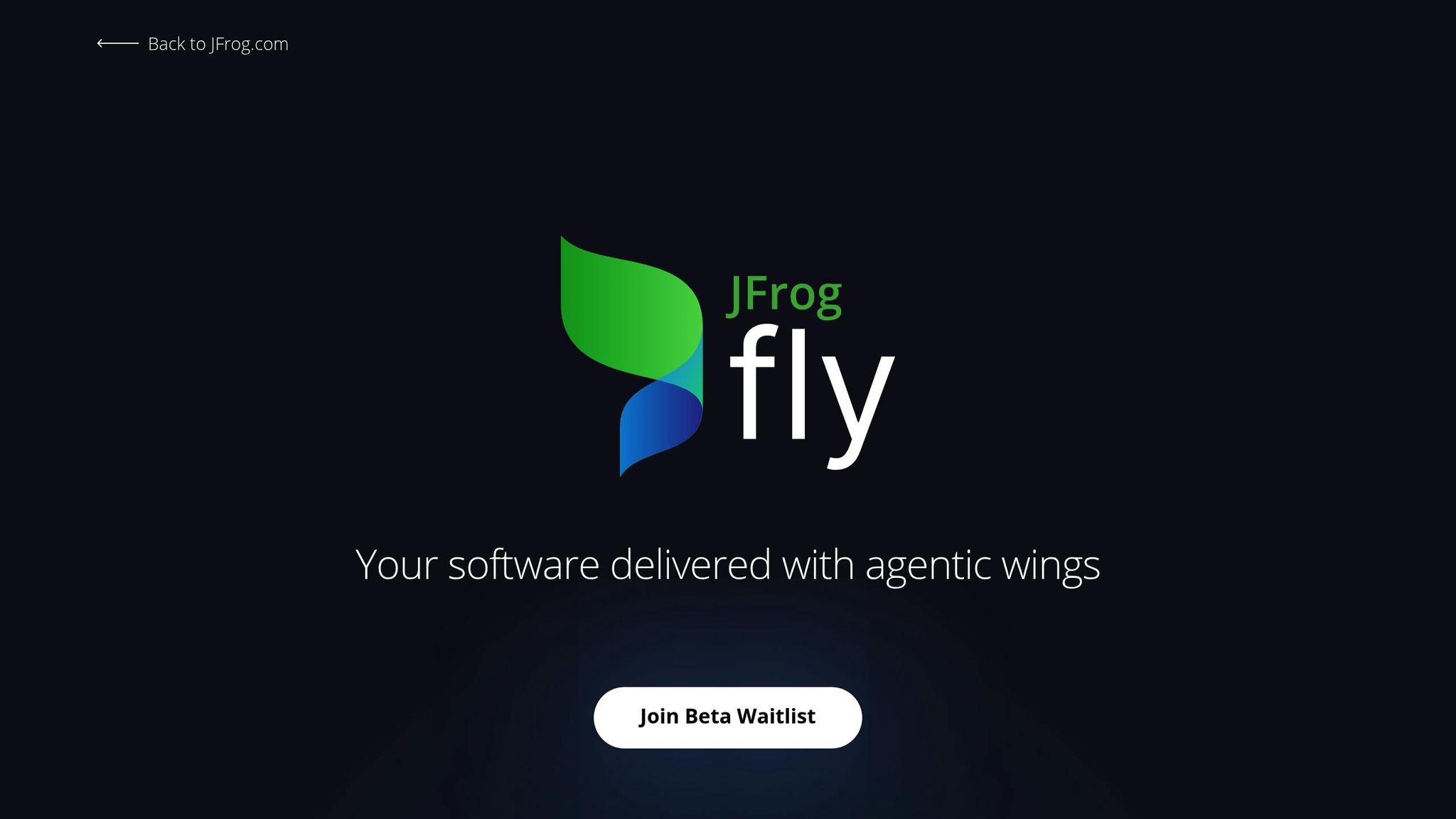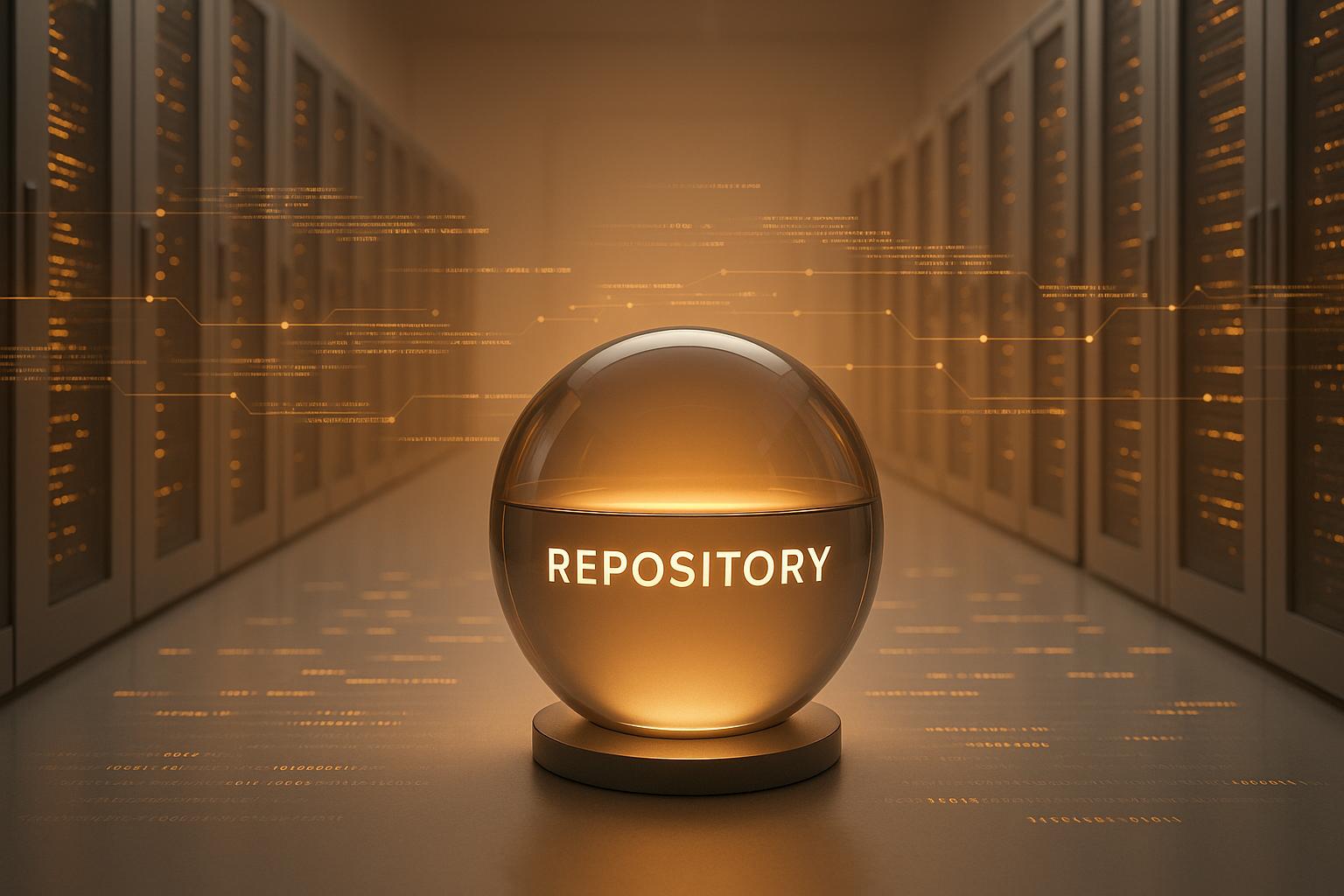JFrog Ltd. (Nasdaq: FROG), renowned for its innovative software solutions, has introduced JFrog Fly, the first agentic repository designed specifically to address the needs of AI-native software development. This new offering aims to transform the developer experience by integrating artificial intelligence (AI) agents into the software lifecycle, streamlining processes and enabling faster, scalable software delivery.
According to JFrog, the development of JFrog Fly stems from years of collaboration with the developer community and builds upon the company's expertise and the foundational role of its Artifactory in the DevOps ecosystem. JFrog Fly is crafted to support agentic workflows, allowing development teams to focus on delivering software with speed and efficiency.
AI has transformed software coding, bringing insights and interactions into the realm of natural conversation, but the release process remains very manual, time-intensive, and disconnected from the traditional development workflow
, said Yoav Landman, Co-Founder and CTO of JFrog. As the established system of record for all software packages, it makes sense that JFrog take the first leap toward reimagining how agentic systems can support developers, bringing automation and scale to AI-native software delivery. And there’s plenty more to come.
Enhancing Developer Workflows with JFrog Fly

JFrog Fly introduces several features designed to simplify and optimise software delivery for developers, particularly smaller teams. Key capabilities include:
- Centralised management of agentic artifacts: The platform enables developers to store, share, and serve software components efficiently while continuing to
vibe code.
This functionality accelerates the delivery of software by making the distribution and management of release versions more streamlined. - Semantic release management: JFrog Fly provides detailed release metadata, offering developers insights into version updates and changes. This transparency supports informed decision-making when integrating or upgrading software components.
- Zero-configuration AI-native software delivery: With its ability to automatically detect and configure tech stacks, the platform seamlessly integrates with agentic development environments, package managers, and GitHub repositories, enabling software distribution with minimal setup.
Built on Proven Foundations
JFrog Fly is built on the award-winning JFrog Software Supply Chain Platform, which has long been a trusted solution for managing software delivery pipelines. It incorporates robust integration capabilities with other AI-driven platforms, such as Cursor, GitHub Copilot, and Claude Code. By adhering to Model Context Protocol (MCP) standards, JFrog Fly ensures consistent, context-aware decision-making across multiple systems.
The platform is particularly aimed at small developer teams, providing them with a zero-hassle, AI-driven experience. Its features are tailored to help these teams achieve reliable scalability without compromising the speed or quality of their software releases.
A New Frontier in AI-Driven Development
JFrog Fly represents JFrog’s commitment to innovation in the software development space. By leveraging its established expertise and embracing agentic workflows, the company seeks to address challenges posed by manual and disconnected coding and release processes in the AI era.
As Yoav Landman noted, JFrog’s role as the system of record for all software packages
makes it uniquely positioned to pioneer advancements in AI-native software delivery. With JFrog Fly, the company aims to empower developers to navigate the complexities of modern software creation and distribution more effectively.
For developers eager to explore this new solution, the waitlist for JFrog Fly's beta programme is now open. Further announcements and updates are anticipated as the platform evolves to meet the needs of an AI-driven development landscape.
